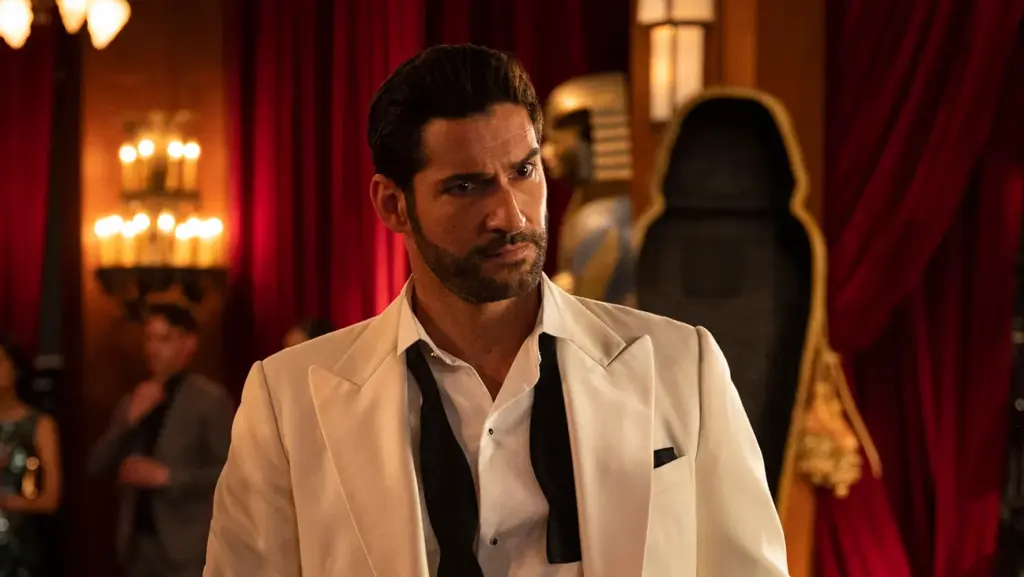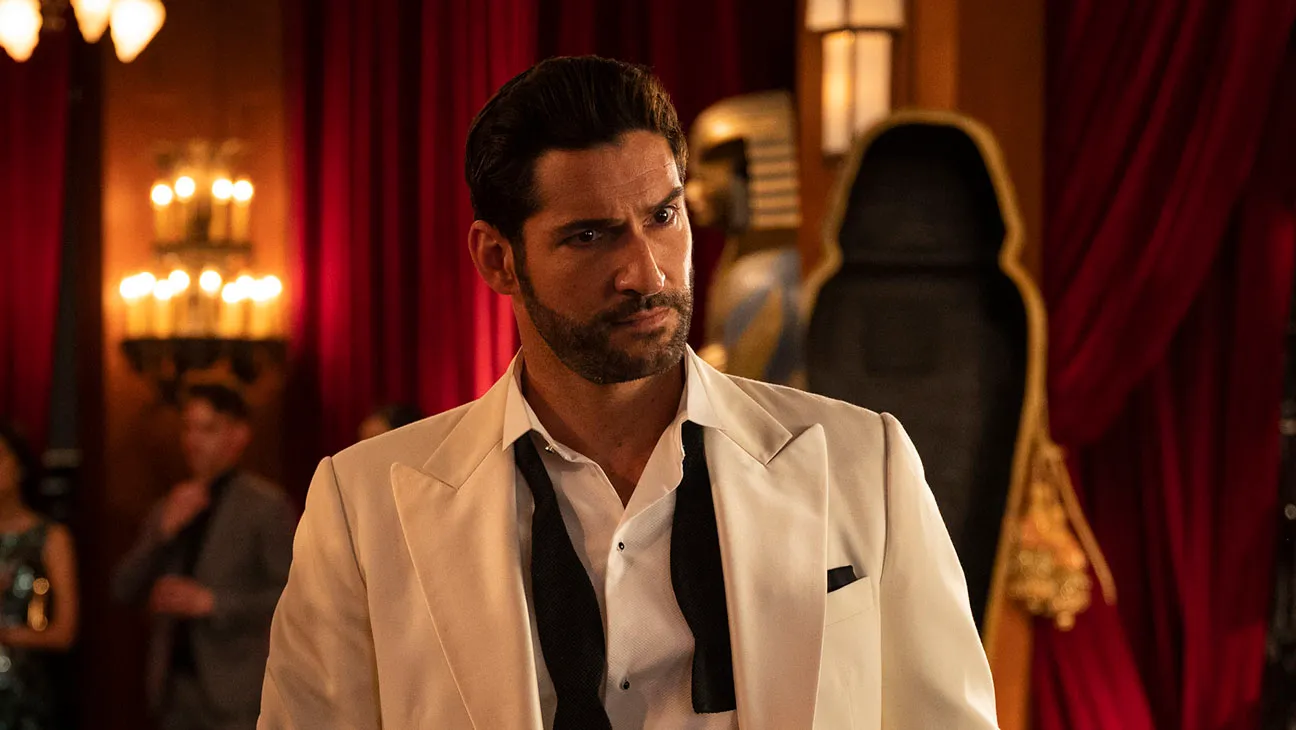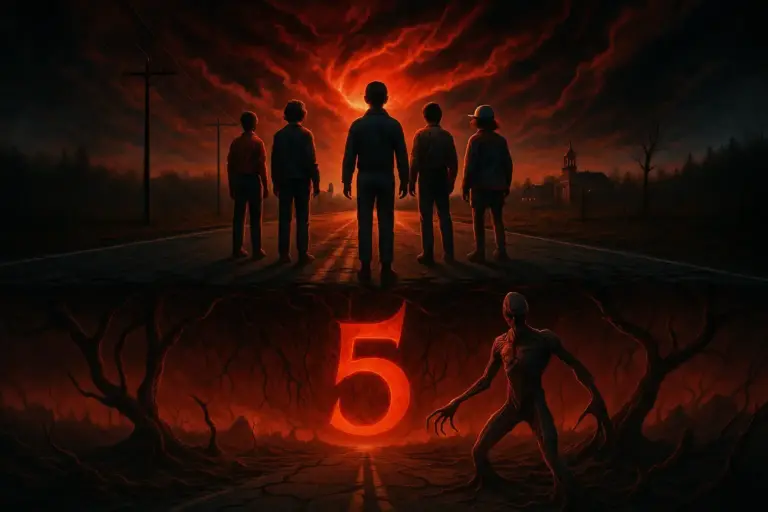Ready for a wild ride through TV fandom land? Buckle up. The days when TV viewers just shouted at screens are over. Now, fans shout — and the networks actually listen. The magic mix is passion plus the power of thousands (or millions) of online voices. Suddenly, even a canceled show gets a shot at life. The twist? Fans have become major players behind the scenes, championing stories and sometimes driving wild plot pivots. Let’s pull back the curtain and follow the fascinating trail from hashtags to showrunners’ DMs.
The Resurrection Games: Cancelled One Day, Trending the Next
It happens every year — your favorite show gets the boot, leaving everyone gobsmacked. But now, instead of quietly mourning, superfans fire up Twitter and unleash digital chaos. Think back to Brooklyn Nine-Nine in 2018. Fox axed the goofy, beloved cop comedy after five seasons. Fans did not take it lying down.
Social media blew up within minutes, hashtags like #SaveB99 rocketing worldwide. Lin-Manuel Miranda and Mark Hamill jumped in, tweeting support. It became impossible for TV bosses to ignore. NBC swooped in and revived the show in less than two days. That’s right. Thirty-one hours and change — that’s all it took for fans to make a show un-canceled with their collective noise (source: Business Insider).
Consider Lucifer next. Fox canceled the devilishly good series after three seasons in 2018. Pretty soon, more than 120,000 souls signed a Change.org petition. The #SaveLucifer tornado spun across Twitter and Instagram, and even Tom Ellis, the star, fanned the flames. Netflix finally did the good (or wicked?) deed and gave the show three more seasons. The streaming giant clearly saw fan passion as Netflix gold (source: people.com, Stacker).

And that’s far from an isolated case. Jericho fans, all the way back in 2007, sent 20 tons of peanuts to CBS after the show got canned. Why peanuts? It was a reference from the show. Did it work? CBS coughed up another season before finally letting the post-apocalyptic story rest for good.
Wallets Open, Hearts on Sleeves: Crowdfunding Changes the Game
When campaigns alone won’t do, fans hit Kickstarter. Remember Veronica Mars? Canceled in 2007, it looked dead and buried. In 2013, the creators went straight to fans for help. The Kickstarter campaign pulled in $5.7 million — yes, millions — from almost 92,000 backers. Suddenly, a movie happened. Five years later, Hulu brought the series back for a fourth season. This wasn’t just cheering from the sidelines. Fans became part-producer, part-hype man, all-in.
And they aren’t alone:
- The Expanse saw fans crowd-fund a plane to fly a #SaveTheExpanse banner over Amazon Studios. That got Jeff Bezos’ attention, and the show moved from Syfy to Amazon Prime.
- Mystery Science Theater 3000 fans helped raise $5.7 million through Kickstarter, leading to a Netflix revival.
These aren’t just love letters. Fans are shelling out real money and entering the arena as mini-moguls. It’s making finance folks in Hollywood do double takes every year.
The Plot Thickens, Along With the Tweets
So, fans can revive a show. But what about rewriting one? Sometimes, the hive mind goes for the actual script. Case in point: Sense8. Netflix pulled the plug after two seasons, leaving plotlines dangling. Outrage poured in. Petitions, hashtags, think pieces — suddenly, Netflix agreed to a two-hour finale movie. The clamor gave fans the closure they begged for.
Flashback to Lost, Game of Thrones, and How I Met Your Mother. Their wild or controversial endings inspired digital riots. Change didn’t always happen, but you better believe writers, producers, and networks felt the heat. Social platforms are basically the world’s loudest, snarkiest, fastest focus group.
The #SaveOurShow Phenomenon: Internet Outrage With a Plan
#SaveOurShow campaigns have almost become a ritual at this point. It’s a three-step dance:

1. Fans freak out online.
2. Celebrities, writers, and producers often join the chorus.
3. Networks reassess — sometimes eagerly, sometimes reluctantly.
- Timeless was famously canceled, uncanceled, and then canceled again after two seasons. The first cancellation lasted just days before NBC reversed course thanks to fan pandemonium.
- Community fans, after five troubled seasons, waged a war of memes and hashtags. Eventually, Yahoo swooped in for a sixth season, delivering on the “six seasons and a movie” prophecy (almost).
Also, digital devotion is spreading beyond Twitter. Discord servers, Reddit subreddits, Facebook groups — they’re all rallying points now. These forums supercharge efforts, keeping the buzz high and the pressure on.
Networks Playing Catch-Up: Buzz Over Ratings
Old school: TV networks lived and died by Nielsen ratings.
New school: Social media trending matters just as much. Studio execs now watch Twitter trends, Reddit threads, and meme virality — sometimes more than the old TV numbers.
- Brooklyn Nine-Nine’s insane revival owes everything to internet uproar, not Nielsen.
- Lucifer’s Netflix deal came from witnessing how digital noise turns into real streaming hours.
Executives and PR teams have entire staff just to monitor and respond to spikes in fandom activity. Online support is becoming a measurable, bankable asset.
Ditching the Velvet Rope: Showrunners Buddy Up
So, what about the folks behind the camera? Most now embrace fan feedback — sometimes a little too enthusiastically. Comic-Con Q&A panels get packed with showrunners, eager to tease episodes and hear fan theories. Reddit AMAs have become tradition. Writers and producers log in, take wild questions, and drop hints.
It’s not just lip service, either:
- Stranger Things creators engage with fans on social media and drop cryptic clues about future seasons.
- The Rick and Morty team wades into Reddit, picking up memes and sometimes even ideas.
- The Witcher’s showrunner Lauren Schmidt Hissrich gave fans direct behind-the-scenes insights on Instagram and Twitter in 2024, responding to input during season production.
If someone suggested this crowd-sourcing approach ten years ago, you’d laugh them out of the writers’ room. Now, it’s accepted — even expected.
Fan Power: Not All Sunshine and Roses
Of course, not every campaign hits home. Despite mammoth petitions, Netflix didn’t save The OA. Hulu didn’t budge for The Mindy Project when fans lobbied for another extra season. And sometimes, studios listen too closely — delivering “fan service” that undercuts storylines and annoys critics.
Yet, the balance is shifting. The simple fact that networks respond at all speaks volumes. The “us” and “them” wall is crumbling fast.
Front Row Seat to the Revolution: What’s Next for Fandom?
So, what does the future hold with fans steering the ship — sometimes right into uncharted TV waters?
- More shows will drop alternate endings, especially as streaming makes releasing extras and redos easier.
- Creators will probably continue teasing and polling for feedback, especially around major plot twists.
- Networks will become even less reliant on traditional TV ratings, looking instead at everything from global meme counts to Discord chatter.
Now, whether you’re a diehard hashtag general or just someone who dropped an angry tweet after a lousy season finale, you’re part of a massive, ever-more-powerful tribe. TV isn’t just written for fans — it’s occasionally written by them, thanks to social-powered feedback loops.
So next time your favorite series looks doomed, don’t just binge-watch in silence. Fire up that Twitter, join the rally, and who knows? You just might become the hero of your own fandom fairytale.
Roll credits — but keep an eye on the end screen. This story’s got sequels.





